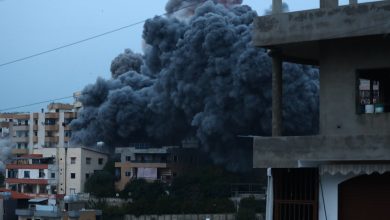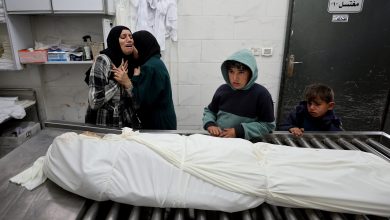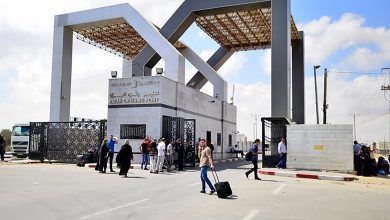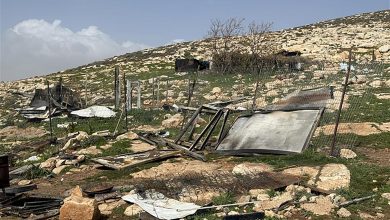Iraq’s upcoming parliamentary elections will see a significant influx of young voters, many of whom are participating for the first time. Approximately two million Iraqis born in 2006 and 2007 are now eligible to cast their ballots, according to the Independent High Electoral Commission.
These young citizens represent a crucial demographic, and their voices are expected to play a vital role in shaping the country’s political future. The hope is that their participation will contribute to a positive shift in Iraq’s political landscape through the election of representatives who truly understand and address their concerns.
What are the key issues driving these young voters to the polls? Many are focused on economic opportunities. Job creation and addressing unemployment are paramount, as these young Iraqis seek to build stable and prosperous futures. They are looking for leaders who can implement policies that foster economic growth and provide avenues for career advancement.
Furthermore, social justice and equality are high on their agenda. They desire a society where everyone has equal opportunities, regardless of their background or ethnicity. This includes addressing systemic inequalities and promoting inclusivity in all aspects of life.
Finally, good governance and an end to corruption are essential demands. Young Iraqis are tired of the endemic corruption that has plagued the country for too long. They want transparency, accountability, and leaders who are committed to serving the public interest rather than enriching themselves.
The participation of these young voters is a powerful signal of their desire for change and their commitment to building a better future for Iraq. Their voices must be heard, and their demands must be addressed if the country is to move forward on a path of progress and stability.




